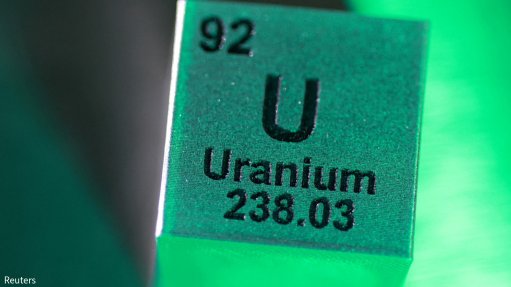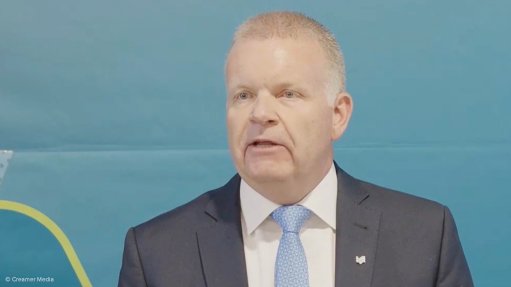Indonesia to allow Freeport, Amman Mineral to ship copper concentrate until 2024
JAKARTA - Indonesia will allow miners Freeport Indonesia and Amman Mineral Nusa Tenggara to continue exporting copper concentrate until next year, despite a ban starting this June, to allow for their smelters to be completed, the mining minister said on Friday.
The government is due to ban exports of raw minerals like copper and bauxite from June as part of efforts to attract investment into its metals processing industry and boost the value of its exports.
Delays to copper smelter construction caused by the pandemic prompted the government to temporarily exempt some firms from the ban, Minister Arifin Tasrif told reporters.
"We are pushing so these smelters development can be concluded as soon as possible," he said, adding they are expected to be completed in May next year.
He said Freeport and Amman will therefore be allowed to export until May 2024. The Ministry will issue a regulation detailing requirements for the export leniency for copper.
Arifin said both smelters are currently at round 60% completion.
Freeport Indonesia and Amman Mineral did not immediately respond to a Reuters request for comment.
FREEPORT PERMIT EXTENSION
Arifin said the government and Freeport have also started discussing extending the company's permit to continue operating the Grasberg mine in Papua. Freeport's current permit will expire in 2041.
While it will likely allow the extension, the government may want to increase its stake in the company, Investment Minister Bahlil Lahadalia told reporters at a separate briefing.
Through a state company, Indonesia currently controls 51% of the Indonesian unit of US mining giant Freeport-McMoRan, and the government wants to expand that by around 10%, he said.
Freeport is building a $3-billion copper smelter in East Java to process 1.7-million tonnes copper concentrate, while Amman's smelter in West Nusa Tenggara will have an input capacity of 900 000 t.
Asked about the bauxite export ban, Arifin suggested there could be no leniency for bauxite, the most common raw material used in the production of aluminium.
The country banned exports of nickel in 2020 and has since attracted huge investment into nickel processing, much of it from China.
Article Enquiry
Email Article
Save Article
Feedback
To advertise email advertising@creamermedia.co.za or click here
Announcements
What's On
Subscribe to improve your user experience...
Option 1 (equivalent of R125 a month):
Receive a weekly copy of Creamer Media's Engineering News & Mining Weekly magazine
(print copy for those in South Africa and e-magazine for those outside of South Africa)
Receive daily email newsletters
Access to full search results
Access archive of magazine back copies
Access to Projects in Progress
Access to ONE Research Report of your choice in PDF format
Option 2 (equivalent of R375 a month):
All benefits from Option 1
PLUS
Access to Creamer Media's Research Channel Africa for ALL Research Reports, in PDF format, on various industrial and mining sectors
including Electricity; Water; Energy Transition; Hydrogen; Roads, Rail and Ports; Coal; Gold; Platinum; Battery Metals; etc.
Already a subscriber?
Forgotten your password?
Receive weekly copy of Creamer Media's Engineering News & Mining Weekly magazine (print copy for those in South Africa and e-magazine for those outside of South Africa)
➕
Recieve daily email newsletters
➕
Access to full search results
➕
Access archive of magazine back copies
➕
Access to Projects in Progress
➕
Access to ONE Research Report of your choice in PDF format
RESEARCH CHANNEL AFRICA
R4500 (equivalent of R375 a month)
SUBSCRIBEAll benefits from Option 1
➕
Access to Creamer Media's Research Channel Africa for ALL Research Reports on various industrial and mining sectors, in PDF format, including on:
Electricity
➕
Water
➕
Energy Transition
➕
Hydrogen
➕
Roads, Rail and Ports
➕
Coal
➕
Gold
➕
Platinum
➕
Battery Metals
➕
etc.
Receive all benefits from Option 1 or Option 2 delivered to numerous people at your company
➕
Multiple User names and Passwords for simultaneous log-ins
➕
Intranet integration access to all in your organisation

















